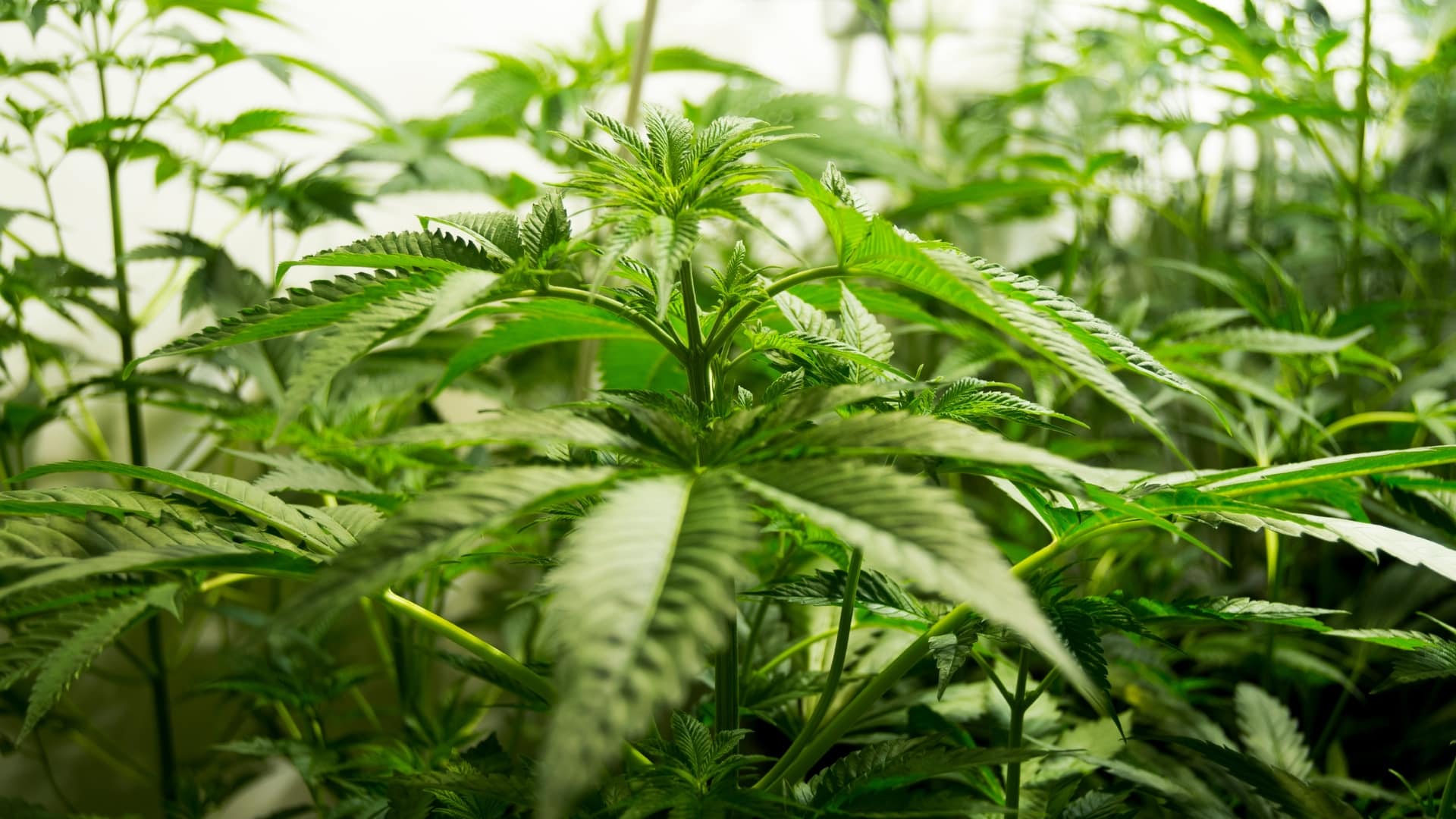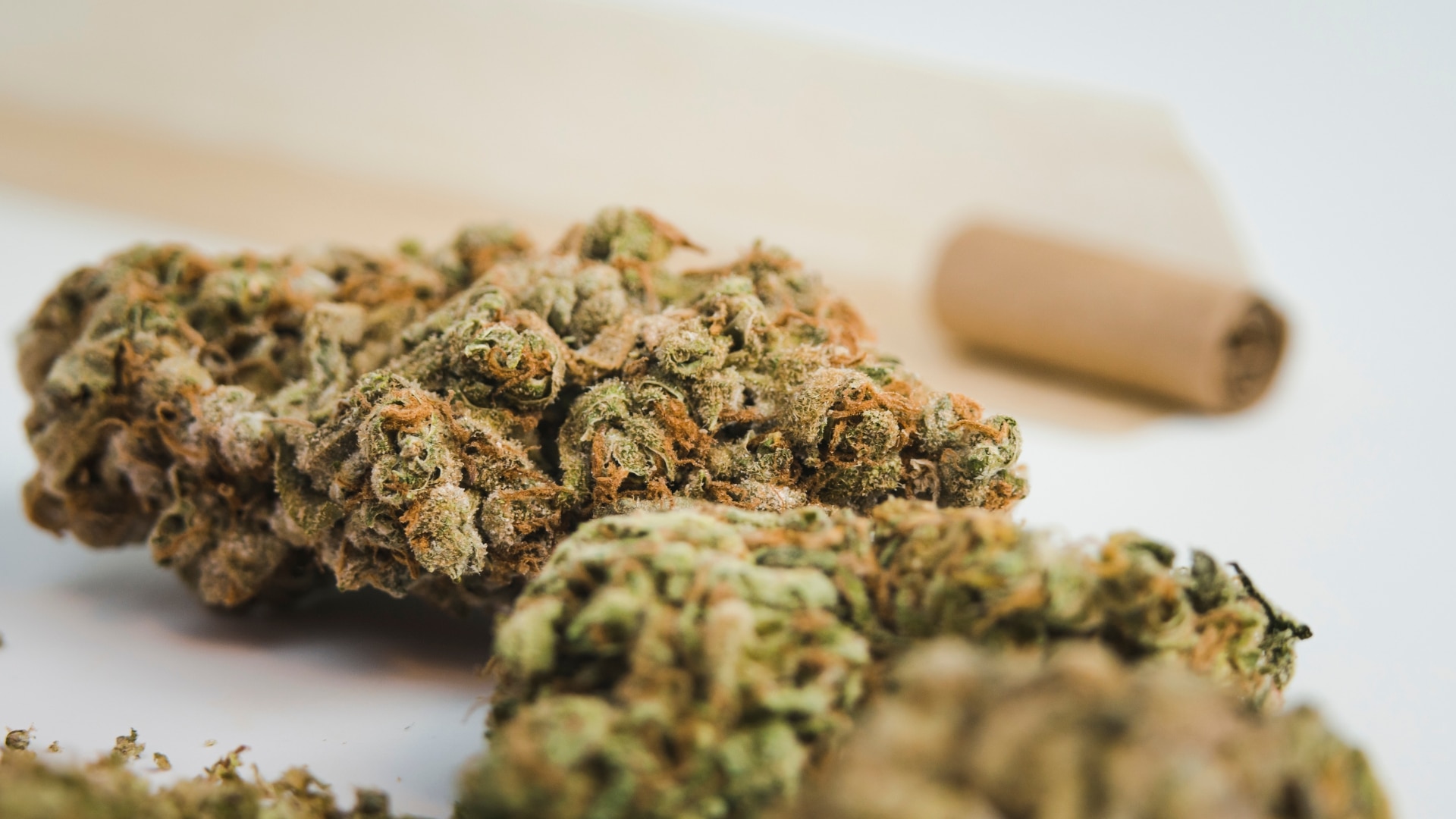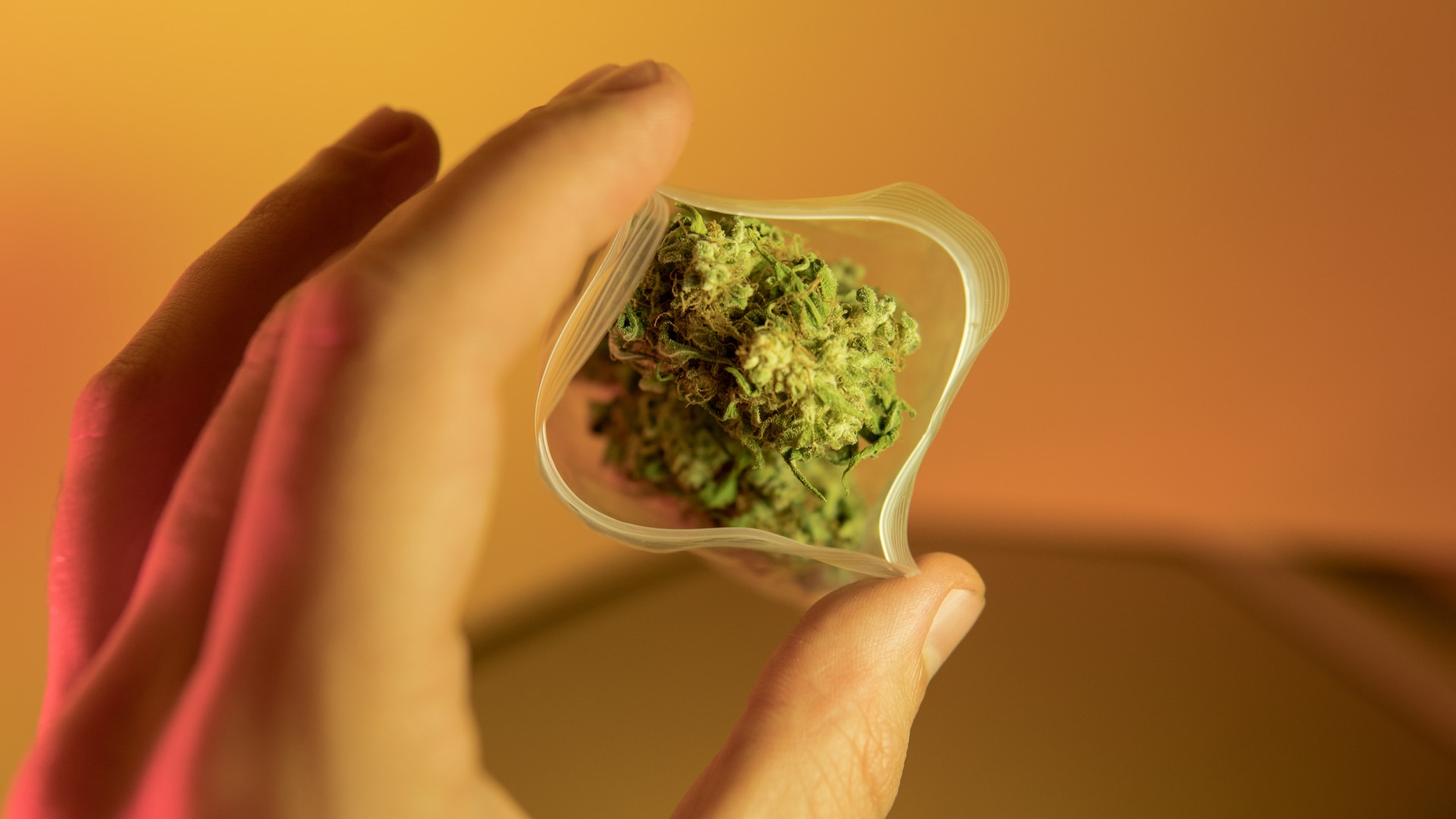The realm of cannabis is expansive, and as scientific research delves deeper into the intricacies of this plant, new discoveries continue to emerge. One such revelation is THCa (tetrahydrocannabinolic acid), a compound found in raw cannabis that possesses a multitude of potential benefits.
A thorough understanding of THCa is crucial for cannabis consumers and the industry as a whole. In this guide, we will explore THCa, its advantages, extraction techniques, consumption methods, and its significance in the cannabis industry.
The Significance of Understanding THCa in the Cannabis Industry
As more individuals become interested in the potential therapeutic benefits of cannabis without the psychoactive effects, the demand for non-intoxicating options like THCa is increasing. By offering THCa products, businesses can cater to this growing market segment and attract a wider range of consumers.
This surge in demand could lead to the discovery of new therapeutic applications, improved extraction methods, and innovative products that harness the power of THCa.

What Exactly is THCa?
THCa is a non-psychoactive cannabinoid that is present in raw, living cannabis plants. It serves as the precursor to THC (tetrahydrocannabinol), the well-known compound responsible for the psychoactive effects or “high” associated with cannabis consumption. THCa transforms into THC through a process known as decarboxylation. When subjected to heat, cannabis undergoes decarboxylation, which converts THCa into THC, the psychoactive compound responsible for the euphoric “high” associated with cannabis use.
Decarboxylation removes the carboxyl group (COOH) attached to the THCa molecule, leaving behind the active THC molecule. This process is essential for unlocking the full psychoactive potential of cannabis, as raw cannabis plants mostly contain THCa.
THCa vs THC: Understanding the Distinctions
Despite having a similar molecular structure, THCa and THC have notable differences in their effects on the body. As mentioned earlier, THCa is non-psychoactive, which means it does not produce the euphoric high associated with THC. This makes THCa more appealing to individuals who want to experience the potential therapeutic benefits of cannabis without the intoxicating effects.
Is THCa Legal?
In the United States, the legal status of THCa depends on the source of the cannabis plant. If THCa is derived from hemp plants containing less than 0.3% Delta-9 THC, it is considered legal under federal law, thanks to the 2018 Farm Bill. However, if THCa is obtained from cannabis plants with a higher THC content, its legality falls under the same category as marijuana. It is important to note that state laws can vary, so it is always advisable to check local regulations.
If you plan to travel with THCa products, it is crucial to understand the legal status of THCa in the country you are going to and any transit country. Some jurisdictions may have strict drug policies, and traveling with THCa could have legal consequences. Always research local laws and consider the risks before traveling with any cannabis-derived products.
The Advantages of THCa
Research on THCa is still in its early stages, but preliminary studies suggest that it may offer several potential benefits.
Anti-inflammatory properties: THCa has been found to possess anti-inflammatory properties, making it a potential option for managing conditions characterized by inflammation, such as arthritis, Crohn’s disease, and multiple sclerosis.
Neuroprotective effects: Some studies indicate that THCa may have neuroprotective properties, meaning it could help protect brain cells from damage. This could have implications for the treatment of neurodegenerative diseases like Parkinson’s and Alzheimer’s.
Potential for treating nausea and appetite loss: THCa may also be effective in managing nausea and appetite loss, making it a potentially useful option for patients undergoing chemotherapy or those with HIV/AIDS.
As research on THCa progresses, more potential benefits may be unveiled, broadening its therapeutic applications.
THCa Extraction and Consumption Methods
There are numerous ways to consume THCa, catering to a wide range of preferences. Consuming raw cannabis in its natural, unheated form provides the highest concentration of THCa. This can be done by adding raw cannabis leaves or buds to smoothies, salads, or other dishes. Another method of obtaining THCa is through cold-pressing raw cannabis leaves and buds into juice, preserving THCa without converting it into THC.
Tinctures made from raw cannabis can be used sublingually (under the tongue) or added to food and beverages. These tinctures contain THCa without the psychoactive effects of THC.
For those seeking a highly concentrated form of THCa, crystalline THCa is an excellent option. This purified form of THCa can be added to foods and beverages or vaporized at low temperatures.

How to Properly Use THCa
Choosing the right method of consumption depends on the desired effects and personal preferences. Here are some tips to optimize THCa consumption.
- Start with a low dosage: As with any new supplement or treatment, it is important to begin with a low dosage of THCa to assess how your body responds. Gradually increase the dosage as necessary until you achieve the desired effects.
- Experiment with different methods: Try out various consumption methods to determine which one works best for you. Some individuals may prefer consuming raw cannabis, while others may find tinctures or cold-pressed juice more appealing.
- Monitor your results: Keep track of your THCa consumption and its effects on your symptoms or overall well-being. This will help you determine the most effective dosage and method for your specific needs.
Prior to incorporating THCa into your wellness routine, it is advisable to consult with a healthcare professional, especially if you have pre-existing medical conditions or are taking medications.
Choosing the Most Suitable Method for Your Needs
By educating yourself and experimenting with various consumption methods, you can make informed decisions regarding the integration of THCa into your wellness routine. To kick off your THCa experience, here are a few highly recommended formats to explore.
High THCa Pre-Roll
High THCa Pre-Rolls offer a convenient and user-friendly method of consuming THCa. These pre-rolled joints contain raw cannabis flowers that are rich in THCa, allowing you to experience the benefits of the compound without the hassle of grinding, rolling, or preparing the cannabis yourself. Simply light the pre-roll and enjoy the therapeutic effects of THCa.
THCa Diamonds
THCa Diamonds are a highly concentrated form of THCa, purified using advanced extraction techniques. These crystalline structures offer a potent and versatile option for consuming THCa. You can vaporize them at low temperatures, add them to food or beverages, or even dissolve them under your tongue. Diamonds provide a powerful means of experiencing the benefits of THCa without the psychoactive effects of THC.
THCa Flower
THCa Flower refers to raw cannabis buds that have been cultivated with care to contain high levels of THCa. Consequently, this flower can be utilized in various ways, such as incorporating it into smoothies or salads, cold-pressing it into juice, or creating your own tinctures. THCa Flower offers a versatile option for those looking to experience the benefits of THCa in its most natural form.
Final Thoughts on THCa
THCa is a fascinating compound with a wealth of potential benefits and applications. As research continues to unveil its therapeutic properties, it is likely to play an increasingly important role in the cannabis industry. Whether you are a curious consumer or a cannabis professional, understanding THCa and its potential impact is essential. Give it a try and see how THCa works for you.


